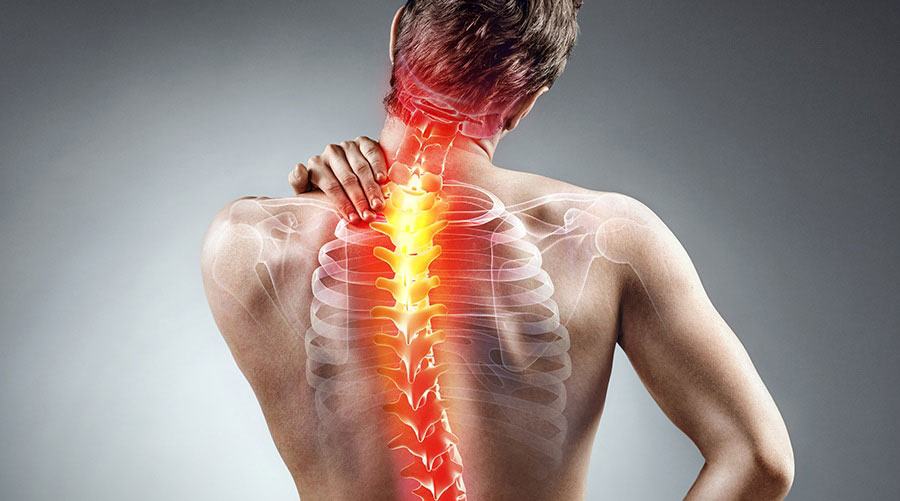The tendency to “push through” discomfort is ingrained in much of U.S. culture, where productivity often takes priority over personal well-being. But brushing off subtle signals from your body, like persistent tingling, could have consequences that reach far beyond temporary annoyance.
Tingling, often described as a “pins and needles” sensation, might seem minor or harmless, but when it becomes persistent, it could indicate underlying health problems that require attention.
Here’s why persistent tingling shouldn’t be ignored, what it might indicate, and the steps you can take to address it before it becomes a larger issue.
What Does Tingling Feel Like?
Tingling often starts subtly, with a prickly or numb sensation in fingers, toes, or other extremities. You might first notice it after sitting in an awkward position or keeping pressure on a limb. While this kind of tingling resolves quickly, persistent or recurring tingling lasts longer and may point to deeper health issues.
Common Causes of Persistent Tingling
Tingling happens when nerves are irritated, compressed, or damaged, but the root cause can vary widely.
Here are some of the more common possibilities:
Pinched Nerves
A pinched nerve in your spine, neck, or wrist can lead to tingling or numbness in specific areas. For instance, carpal tunnel syndrome, common among those who type or work with their hands, compresses the median nerve, causing tingling and weakness in the hand and fingers.
Left untreated, a pinched nerve can cause permanent nerve damage or loss of function.
Diabetes and Peripheral Neuropathy
One of the most common causes of tingling in the U.S. is diabetes, specifically diabetic neuropathy. High blood sugar levels damage nerves over time, particularly in the feet and hands.
If unmanaged, diabetic neuropathy can worsen, leading to ulcers, infections, or even amputations.
Vitamin Deficiencies
Low levels of essential vitamins, such as B12, folate, or vitamin E, can disrupt nerve health and lead to chronic tingling. This is especially prevalent in those with restricted diets or absorption issues, like people with celiac disease or anemia.
Identifying and correcting deficiencies early can prevent long-term nerve damage and additional complications.
Circulatory Issues
Poor blood flow, caused by conditions like peripheral artery disease (PAD) or blood clots, reduces oxygen supply to nerves and tissues, leading to that familiar pins-and-needles feeling.
Circulatory problems can escalate into serious conditions like heart attacks or strokes if undiagnosed.
Neurological Disorders
Persistent tingling can also be an early warning sign of neurological issues, such as multiple sclerosis (MS) or nerve damage from injuries. MS, for example, may present as tingling in the limbs long before more serious symptoms emerge.
Early detection often leads to better outcomes with treatment, especially for progressive conditions.
Steps You Can Take
Here are actionable steps to address and manage persistent tingling:
- Track the Symptom: Keep a journal of when and where the tingling occurs, and note any activities or times of day when it worsens. This can help identify triggers and patterns, which are useful for diagnosis.
- Check Your Posture: Sitting or standing improperly for long periods can compress nerves. Adjust how you sit at work, and incorporate stretching or short walks into your routine.
- Schedule a Doctor’s Visit: If the tingling persists for weeks, spreads to new areas, or comes with other symptoms like weakness or pain, book an appointment immediately.
- Adopt a Healthy Lifestyle: Eating a balanced diet rich in vitamins, staying active, and maintaining proper hydration can all support nerve health.
Conclusion
The U.S. tendency to ignore discomfort for the sake of productivity could mask early health warnings, including persistent tingling. While it might seem minor at first, long-term or recurring tingling often signals deeper, treatable conditions that should be addressed sooner rather than later. Pay attention to what your body is telling you, and take action to preserve your overall health and well-being. When it comes to your health, every signal matters. Listen and act!




